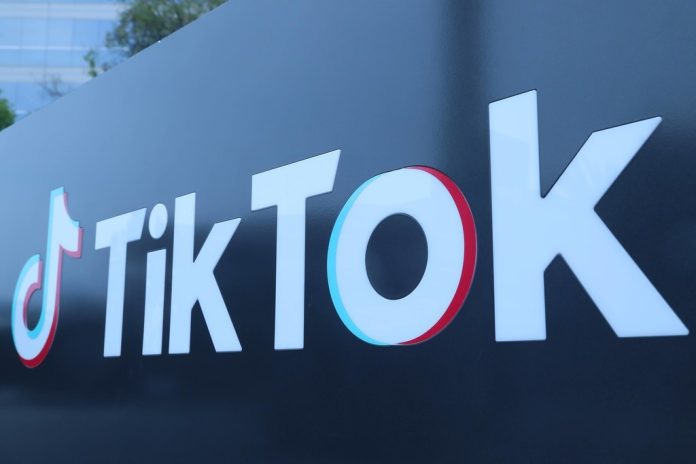The EU Court of Justice upheld the European Commission’s decision to appoint the parent company of TikTok ByteDance as a gatekeeper under the Digital Markets Act, according to Euractiv.
The approval of ByteDance as gatekeeper reinforces the EU’s efforts to regulate dominant tech companies. The EU’s Digital Markets Act (DMA) targets digital competition by appointing intermediaries to ensure fair competition in key sectors of the Internet. The intermediaries include Alphabet, Apple, Meta, Amazon, and Microsoft.
The European Commission appointed ByteDance, the parent company of TikTok, as gatekeeper last September, with the Chinese company filing an appeal last November.
ByteDance wrote in its submission at the time that its app did not occupy an “entrenched” position, was not a dominant player in the digital advertising market, and did not meet the European Economic Area’s statutory revenue threshold.
The General Court rejected ByteDance’s claim, stating that its potential to monetise users and its consolidated position justified the Commission’s appointment. A spokesperson for TikTok, for his part, stated:
We are disappointed with this decision. While we assess our next steps, we have already taken measures to comply with the DMA’s obligations well ahead of the March deadline.
The European Consumer Organisation (BEUC), which represents consumers in 31 European countries, welcomed the court’s decision. The BEUC also underlined ByteDance’s commitment to comply with the DMA rules on consent to personalised advertising and user privacy.
Rejected claims
Bytedance argued that it did not meet the DMA’s revenue criteria, which is €7.5 billion a year in the European Economic Area, to operate as a gatekeeper. However, the Commission was “entitled” to take into account ByteDance’s “high global market value” as well as “the large number of TikTok users” in the EU. The Court stated that it reflected ByteDance’s “financial capacity and its potential to monetise those users.”
The court also found TikTok’s rapid growth and high level of engagement in the EU important. This contradicts ByteDance’s argument that it has not benefited from the blocking effect like other social networks. This means that merchants or consumers are dependent on TikTok for service, according to the court’s press release.
ByteDance argued that they were a competitor in the market, unlike more established companies such as Meta and Alphabet, which quickly gained popularity with similar services such as Reels and Shorts, mimicking TikTok’s core features.
However, TikTok’s rapid growth and significant user base in the EU demonstrated that the company had ‘consolidated its position,’ the court said, rejecting the argument. Minor errors in the Commission’s assessment did not affect the overall legality of the decision.
ByteDance’s claims of infringement and unequal treatment were also dismissed.
